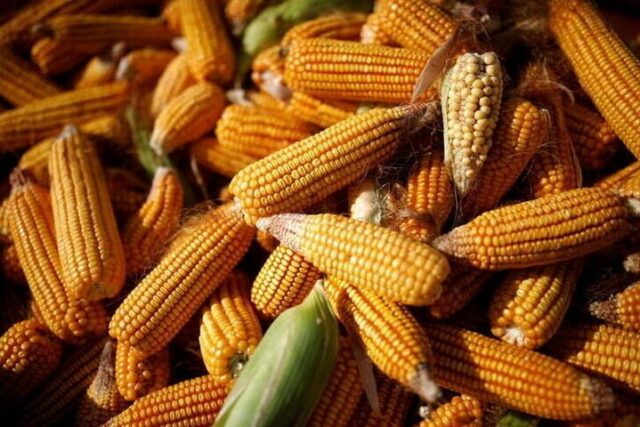Beijing has authorised the safety of genetically modified wheat for the first time as it proceeds cautiously with the commercial production of genetically altered food crops.
To ensure national food security, China increased the approval of genetically modified (GM) maize and soybean seeds during the past year. These seeds yield more and are resistant to pests and herbicides, but due to worries about the effects on the environment and human health, the uptake of GM crops has been gradual and cautious.
Gene editing modifies a plant’s existing genes to change or improve its performance, as opposed to genetic modification, which inserts foreign genes into the plant. Some scientists believe gene editing to be less dangerous than genetic modification.
China grows non-GM crops for human use but imports most GM products, like soybeans and corn, for animal feed. The safety of genetically modified agricultural crops continues to worry a lot of Chinese consumers. Given that the ingredient—which is mostly farmed in China for food consumption and is used to manufacture pasta, noodles, and bread—the approval of the gene-edited disease-resistant wheat is considered a significant achievement. China is the biggest producer and consumer of wheat worldwide.
An executive in the seed industry remarked: “It is a big step, we can see the light for China to open up approvals for other food crops”.
According to reports in March by official media, Beijing is also anticipated to approve new regulations this year pertaining to the labeling of genetically modified crops used in food goods.
A new genetically modified corn variety with insect and herbicide resistance, as well as a higher yielding gene-edited variety, were also approved by the agriculture ministry, alongside a strain of genetically modified corn by Origin Agritech SEED.
The Ministry of Agriculture and Rural Affairs has released a document stating that the safety certificates have been authorised for a period of five years starting May 5.
The largest importer of maize and soybeans in the world wants to reduce its yearly import of more than 100 million tons of grains and increase domestic production through the use of higher yielding seeds.





